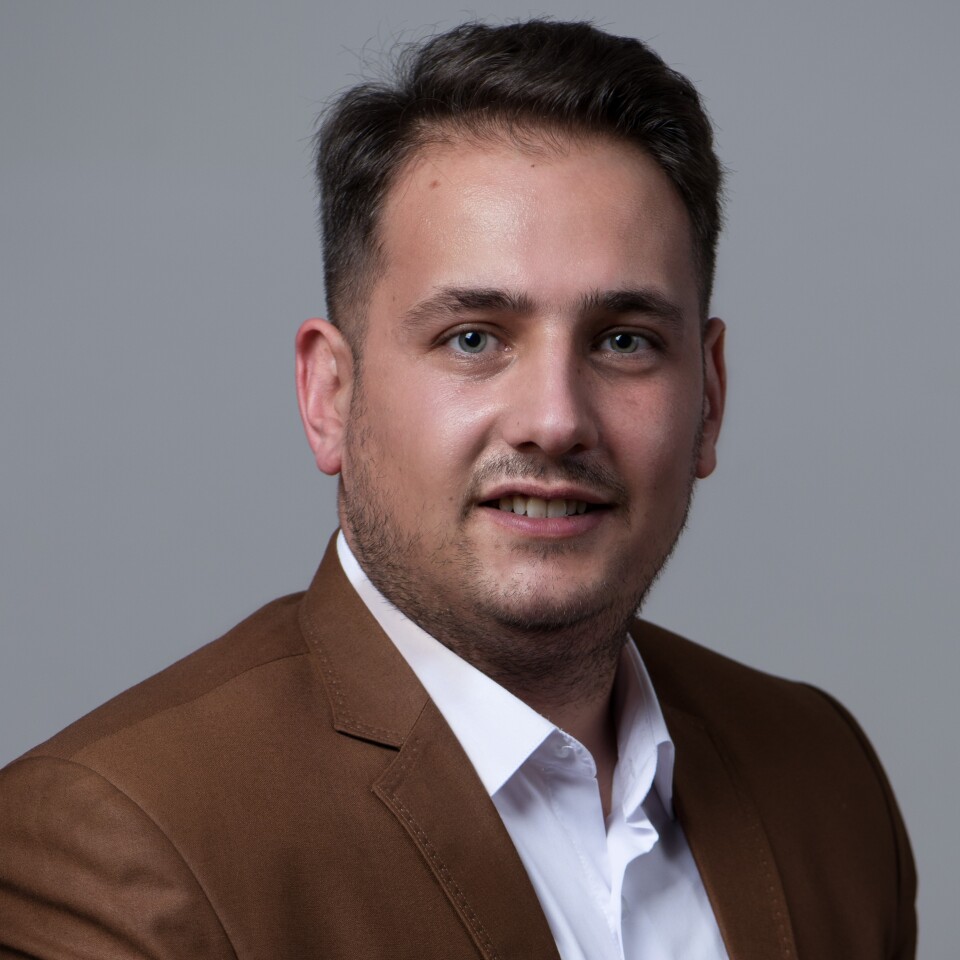Turkey cannot build future without recognizing Armenian Genocide - Union against Genocide
5 minute read

Selay Ertem and Eran Gündüz, representatives of the leadership of the Frankfurt-based Union against Genocide believe that “if Turkey does not face its own history, does not recognize the Armenian Genocide, and does not provide reparations, it will neither progress as a state nor be able to build a democratic future.”
Ertem, a Turkish national, and Gündüz, a Kurd, shared this opinion during a press conference titled “Turkey Can Have a Future Only if It Recognizes the Genocide and Makes Reparations.”
Ashot Hayruni, Doctor of Historical Sciences, Professor of Genocide Studies noted that the Union against Genocide operating in Frankfurt, carries out significant activities.
Since its founding in 1998, the Union has considered the recognition and reparation of the Armenian Genocide by the Turkish authorities to be one of its core missions.
Eran Gündüz, a member of the Union's leadership, stated that he joined the organization in 2000 and is visiting Armenia for the fourth time.
“This time, I came to Armenia with much heavier feelings, considering what has happened to the people of Nagorno-Karabakh due to the actions of Azerbaijan and Turkey. I am a Kurdish Alevi who emigrated to Germany, but I consider it my duty to work for the recognition and condemnation of the Armenian Genocide,” said Gündüz, adding that the Armenian and Kurdish peoples, in many ways, share a common fate, as they have both been subjected to persecution by Turkey.
He added that, as a member of the Frankfurt-based Union, he witnesses this ongoing violence and often asks himself where it stems from.
“Through various analyses, we have come to the conclusion that the source of this violence is the denial of the Armenian Genocide and other crimes against humanity, and the refusal to confront these historical truths,” Gündüz said.
According to him, the organization’s goal is to inform Turkish society and contribute to ending denial.
“If Turkey does not face its own history, it will have neither progress nor a future,” Gündüz emphasized.
Selay Ertem, also a representative of the Union’s leadership, stressed that since the organization’s establishment, one of its main priorities has been to participate in Armenian Genocide Remembrance Day ceremonies on April 24 every year.
“The Armenian Genocide is a crucial part of Turkey’s history, and unless we confront it and acknowledge what really happened, Turkey cannot move forward. Turkey cannot build democracy either. We will visit Tsitsernakaberd on April 24 to pay tribute to the victims of the Armenian Genocide. Let’s hope that one day this day will also be commemorated in Turkey. It’s been 110 years since the Genocide, yet Turkey has taken no steps toward recognizing this crime,” Ertem said.
Ghukas Papyan, a Hamshen Armenian who left Turkey years ago, also attended the press conference. He shared that he discovered his Armenian identity much later.
He noted that he had been imprisoned in Turkey for 10 years, partly because of his Armenian heritage. After his release, he was able to leave Turkey and settle in Switzerland.
“There is a kind of social dualism among Hamshen Armenians: some are aware of their roots, speak Armenian, and strive to preserve their identity, while others, on the contrary, try to hide the fact that they are Armenian,” Papyan said.
During the press conference, when asked what could make Turkey to recognize the Armenian Genocide and whether Turkish society is ready for such recognition, Selay Ertem and Eran Gündüz responded that Turkish society is indeed ready—but must be informed, as the majority of the population is simply unaware of the true historical events.
“As for recognition by the Turkish state, international law must come into effect and exert pressure on Ankara,” they concluded.
